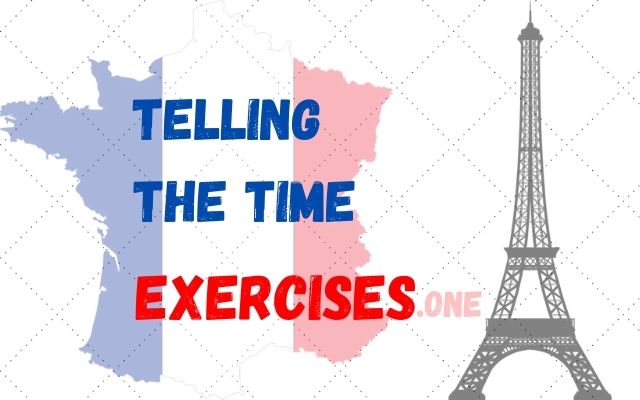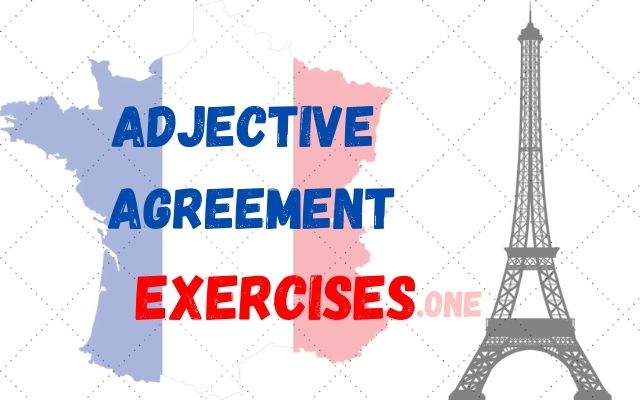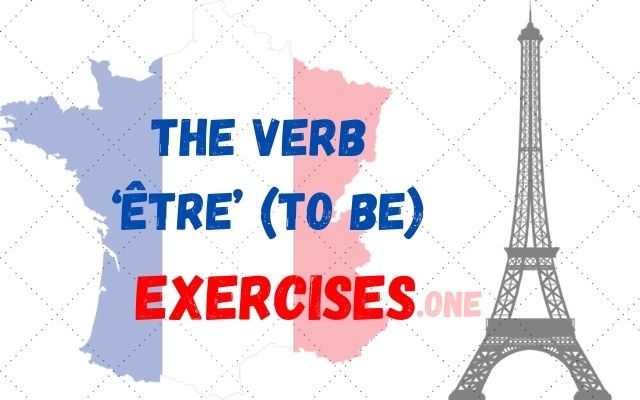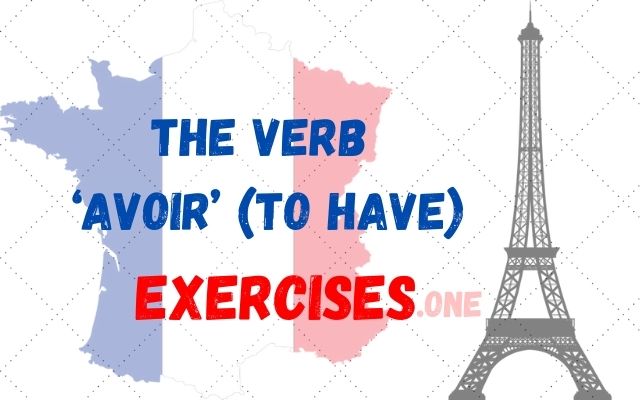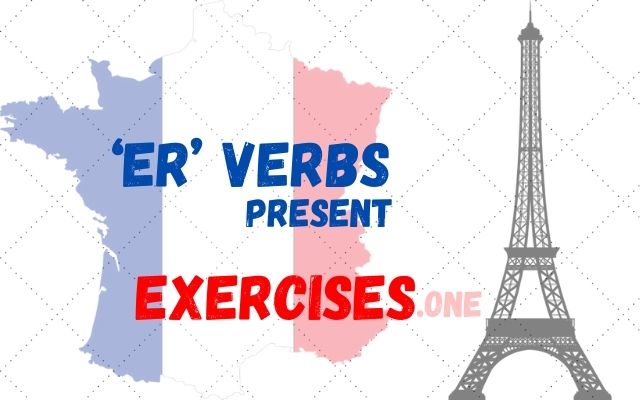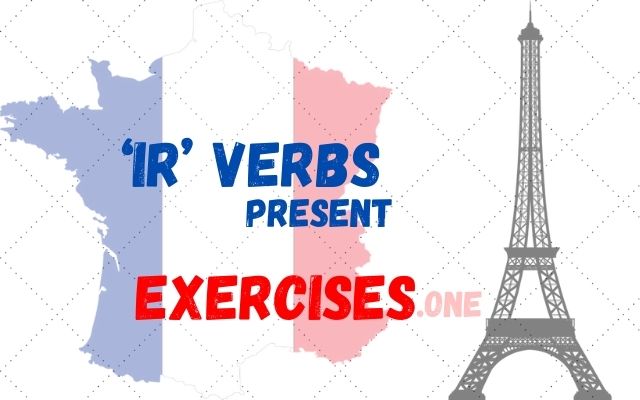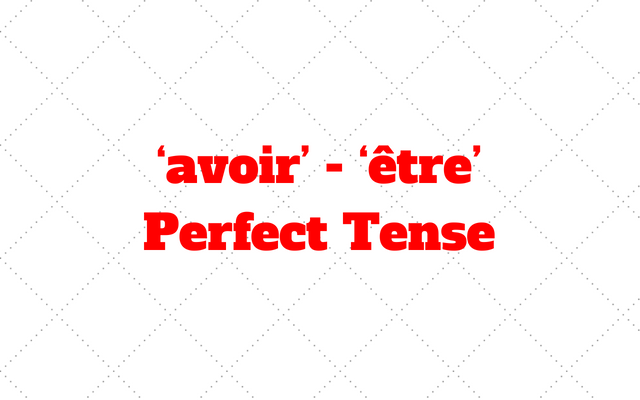
The perfect tense, also called ‘la passé compose’ in French, is used to describe an action in the past that is completely finished.
The perfect tense with ‘avoir’
The majority of verbs in the perfect tense use ‘avoir’ and their past participle.
To conjugate verbs in the perfect tense, you need to know the verb ‘avoir’ in the present tense and how to form past participles.
‘avoir’ in the present tense
| j’ai | I have |
| tu as | you have (informal, singular) |
| il, elle, on a | he, she has/we have |
| nous avons | we have |
| vous avez | you have (formal, plural) |
| ils, elles ont | they have |
To form the past participles of ‘er’ verbs:
- drop the ‘er’
- add ‘é’
Example: regarder (to watch) > regardé (watched)
To form the past participles of ‘ir’ verbs:
- drop the ‘r’
Example: finir (to finish) > fini (finished)
To form the past participles of ‘re’ verbs:
- drop the ‘re’
- add ‘u’
Example: attendre (to wait) > attendu (waited)
Examples
J’ai acheté son cadeau d’anniversaire.
I bought her birthday gift.
J’ai choisi une robe bleue.
I chose a blue dress.
Nous avons vendu notre maison.
We sold our house.
Note that some past participles are irregular:
prendre (to take) becomes ‘pris’
comprendre (to understand) becomes ‘compris’
ouvrir (to open) becomes ‘ouvert’…
Examples
Elle a pris ton manteau.
She took your coat.
Tu as compris?
Did you understand ?
J’ai ouvert la porte.
I opened the door.
The perfect tense with ‘être’
A few verbs use ‘être’ in the perfect tense. It is easy to remember them thanks to the Mrs Vandertramp acronym. (see below)
Verbs conjugated with ‘être’ in the perfect tense agree their past participle with the subject pronoun.
| Infinitive | English | Past participle | |
| M | Monter | to go up | monté |
| R | Retourner | to return | retourné |
| S | Rester | to stay | resté |
| V | Venir | to come | venu |
| A | Arriver | to arrive | arrivé |
| N | Naître | to be born | né |
| D | Sortir | to go out | sorti |
| E | Tomber | to fall | tombé |
| R | Rentrer | to go back in | rentré |
| T | Aller | to go | allé |
| R | Mourir | to die | mort |
| A | Partir | to leave | parti |
| M | Entrer | to enter | entré |
| P | Descendre | to go down/to get off | descendu |
‘être’ in the present tense
| je suis | I am |
| tu es | you are (informal, singular) |
| il, elle, on est | he, she is / we are |
| nous sommes | we are |
| vous êtes | you are (formal, plural) |
| ils, elles sont | they are |
Examples
Elles sont restées après le concert.
They stayed after the concert.
Elle est née en 2002.
She was born in 2002.
Ils sont sortis.
They went out.

